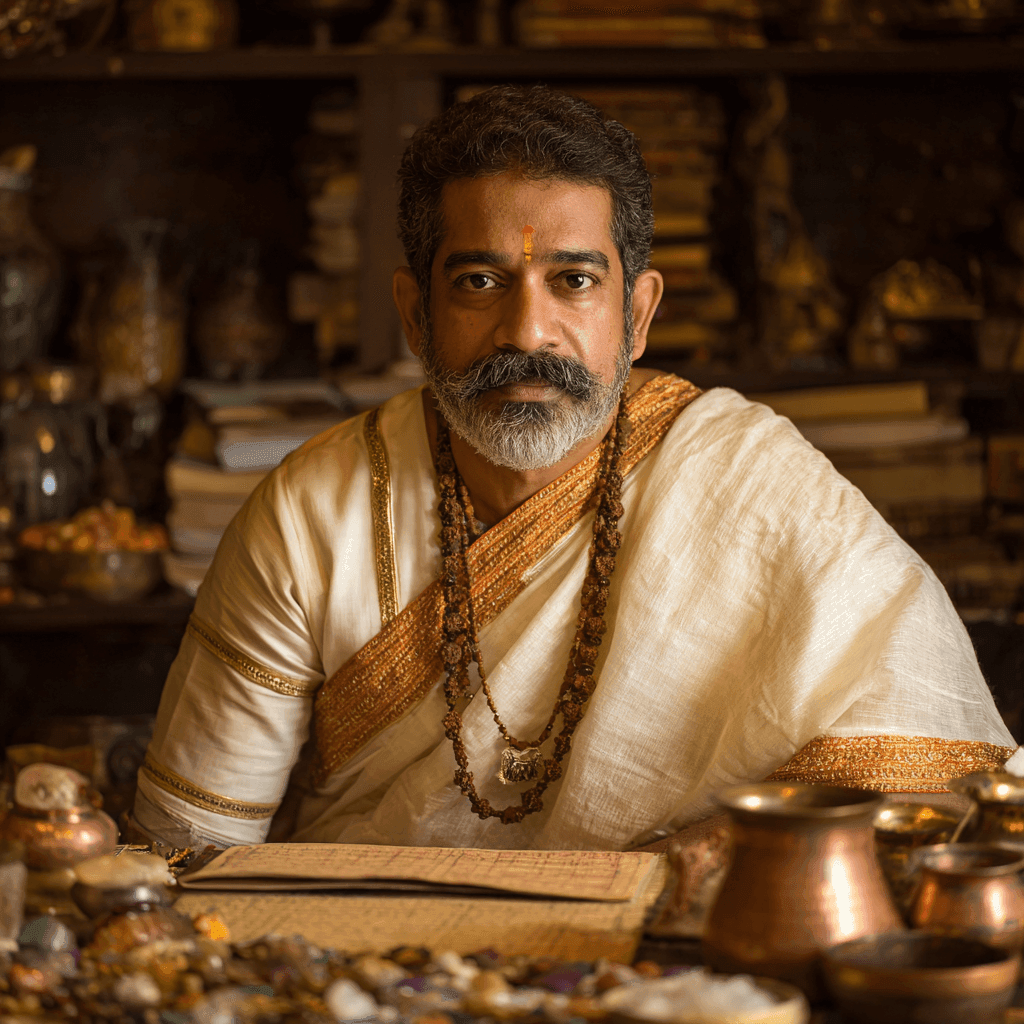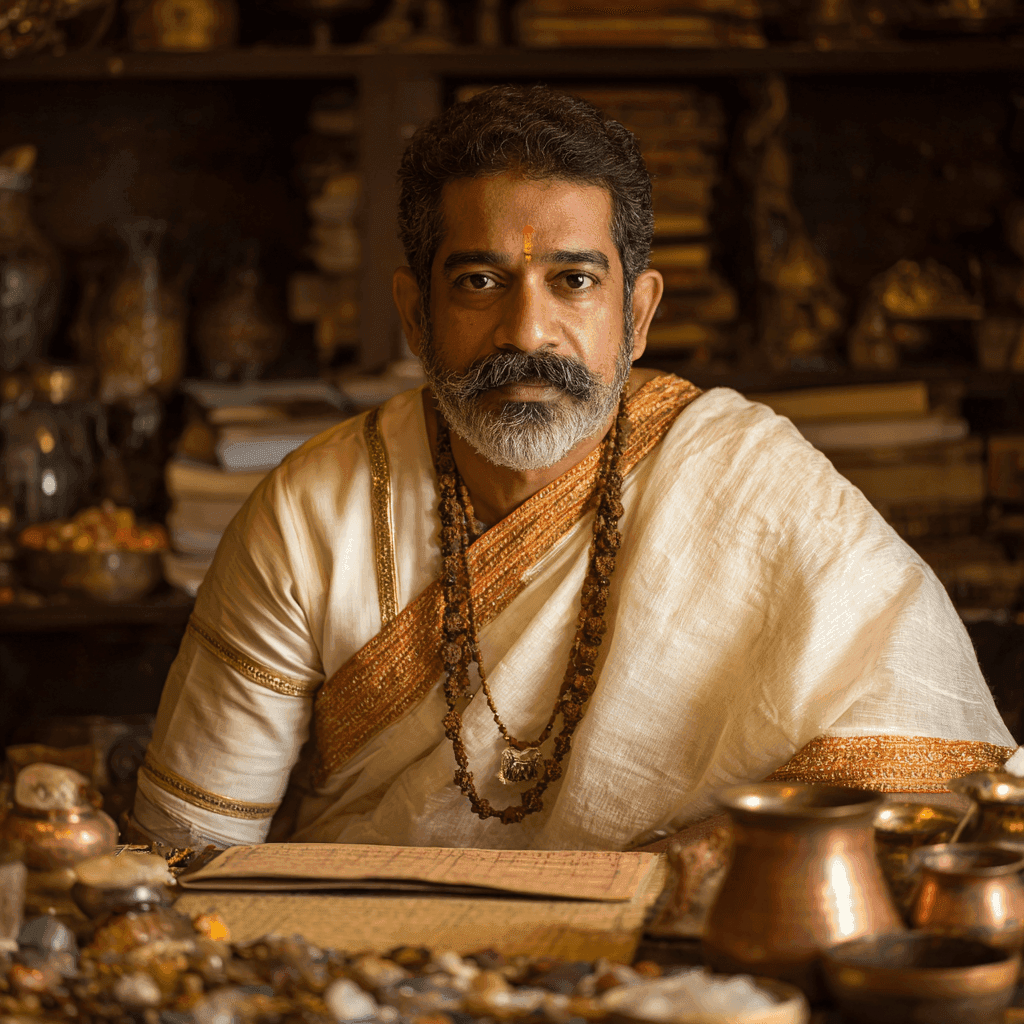Enchanting Hindu Mythology Stories for Kids: Lessons from...
Discover hindu mythology stories for kids insights and guidance from expert astrologers.
In a world filled with distractions and digital noise, the rich tapestry of Hindu mythology offers timeless lessons and captivating stories that can inspire children and ignite their imagination. These age-old tales are more than just stories; they are vessels of wisdom, teaching values like bravery, kindness, and the importance of righteousness. As you delve into these enchanting narratives, you will not only entertain your children but also instill in them a deep respect for cultural heritage and moral values. Let us embark on this journey through Hindu mythology, discovering stories that will resonate with your little ones while providing valuable life lessons.
The Divine Chronicles: What Makes Hindu Mythology Special for Children
Hindu mythology is steeped in rich symbolism, vibrant characters, and profound teachings that make it an ideal treasure trove for children's storytelling. These myths often feature a pantheon of gods and goddesses, each embodying unique traits and lessons that are easy for kids to understand. From Lord Vishnu's role as the preserver of the universe to Goddess Durga's fierce protection of the good, these stories are imbued with moral lessons and ethical dilemmas that invite children to ponder their own values.
Moreover, Hindu mythology is filled with fantastical elements—magical creatures, epic battles, and divine interventions—which can ignite a child's imagination and foster creativity. These stories not only provide entertainment but also serve as a medium for discussing deeper concepts like good versus evil, the importance of family, and the consequences of one's actions. Sharing these narratives with your children can be a bonding experience that encourages dialogue about ethics, spirituality, and the larger universe.
Meet the Mighty Heroes: The Adventures of Lord Rama
One of the most beloved figures in Hindu mythology is Lord Rama, the seventh avatar of Vishnu. His story, told in the epic Ramayana, is filled with heroism, love, and the eternal struggle against evil. Rama's journey to rescue his wife, Sita, from the demon king Ravana is not just an adventure; it is a lesson in duty, devotion, and righteousness.
Children can learn about the importance of courage and standing up for what is right through Rama's unwavering determination. His character embodies values such as loyalty to family, respect for elders, and the significance of fulfilling one's dharma (duty). The vibrant narrative filled with talking animals, epic battles, and moral lessons makes it an engaging story for kids.
Additionally, parents can encourage their children to reflect on the qualities that make a hero. Ask questions like, "What qualities do you think make Rama a hero?" or "How did Rama show bravery in his journey?" These discussions can enhance your child’s understanding of the importance of moral character.
The Wisdom of Lord Krishna: Lessons from His Childhood
Lord Krishna is another central figure in Hindu mythology, known for his playful childhood exploits and profound wisdom as an adult. His life, documented in texts like the Bhagavata Purana, offers a plethora of stories that are both entertaining and educational for children.
The tales of Krishna stealing butter or playfully teasing his friends are not just amusing anecdotes; they are rich with lessons on friendship, joy, and the importance of play in childhood. Krishna's cleverness in outsmarting his enemies and his compassionate nature teach the values of intelligence and empathy.
Parents can engage children by asking them to interpret Krishna’s actions. For example, when Krishna helps his friends, you might ask, "Why do you think helping others is important?" These questions encourage children to think critically and develop their own moral compass, all while enjoying the enchanting tales of Krishna's adventures.
The Courageous Pandavas: The Epic Saga of the Mahabharata
The Mahabharata, one of the longest epics in the world, tells the story of the Pandavas and their battle against the Kauravas. This epic is not just a tale of war; it delves into themes of loyalty, righteousness, and the complexities of human relationships.
The Pandavas, with their unique strengths and virtues, exemplify the qualities of bravery, wisdom, and integrity. Each brother—Yudhishthira, Bhima, Arjuna, Nakula, and Sahadeva—has distinct abilities and lessons to share. For instance, Arjuna's moral dilemmas during the great battle serve as a powerful narrative about the challenges of making ethical decisions in the face of adversity.
Through discussions around the Mahabharata, parents can help children understand the importance of making difficult choices and standing by one's principles. You might ask, "What would you have done if you were in Arjuna's place?" This engages children in moral reasoning and helps them appreciate the complexities of life.
Personalized Guidance Awaits
Our expert astrologers can reveal remedies tailored specifically to your birth chart. Connect with us for a live consultation.
Download our Astrosight AppThe Brave and Fearless: The Tale of Goddess Durga
Goddess Durga represents the fierce protective energy of the divine feminine. Her story, which is celebrated during the festival of Navaratri, showcases her battle against the buffalo demon Mahishasura. This tale is not only a thrilling narrative filled with action but also a profound symbol of the triumph of good over evil.
Children can learn about empowerment and resilience through Durga's character. Her unwavering strength and determination in the face of adversity serve as a powerful message about self-empowerment and fighting against injustice. Engaging children in conversations about courage can help them internalize these values.
Ask your children how they would feel if they were in Durga's shoes or what they would do to stand up against bullying. Such questions can foster a sense of agency and encourage them to think about how they can be brave in their everyday lives.
The Magical Creatures of Hindu Mythology: Learning Through Fantasy
Hindu mythology is also populated with magical creatures and beings that offer endless opportunities for storytelling. From the wise elephant-headed God Ganesha to the enchanting swan, Hamsa, these characters can teach children important lessons in a fun and engaging way.
For instance, Ganesha is often celebrated as the remover of obstacles, and his stories can be used to illustrate the importance of perseverance. Engaging children with imaginative tales about these beings can help them understand complex ideas, such as the significance of wisdom, compassion, and overcoming challenges.
Using these characters as a springboard for creativity, parents can encourage children to create their own stories or art inspired by these mythical beings. This not only fosters creativity but also deepens their connection to the cultural narratives within Hindu mythology.
Explore Astrosight Services
Bringing Hindu Mythology to Life: Practical Tips for Parents
Integrating Hindu mythology into your child's life can be a rewarding experience. Here are some practical tips to make these stories come alive:
Storytime Rituals: Set aside a specific time each week for storytelling. This ritual creates anticipation and gives children something to look forward to. Choose a mix of tales to keep them engaged.
Arts and Crafts: Encourage children to create art based on their favorite stories or characters. This can be through drawing, painting, or even crafting models. Art can help reinforce the lessons learned in the stories.
Discussion and Reflection: After telling a story, engage your children in discussions about the moral lessons. Ask open-ended questions that encourage critical thinking and personal connection to the themes.
Festivals and Celebrations: Participate in Hindu festivals that celebrate these mythological stories. This helps children experience the cultural significance and learn through celebration.
In conclusion, Hindu mythology offers a rich and vibrant collection of stories that can captivate children's imaginations while imparting valuable life lessons. By sharing these tales, you not only connect them to their cultural heritage but also provide them with the tools to navigate the complexities of life. From the bravery of Rama to the wisdom of Krishna, each story is an opportunity for growth, reflection, and bonding. As you embark on this storytelling journey, remember that these narratives are not just about the past but are living lessons that can guide your children today and in the future. Embrace the magic of these stories, and watch as your children develop a sense of wonder and moral clarity that lasts a lifetime.

Acharya Ravi Teja
Expert in Vedic Astrology Remedies, 18+ Years of experience
18 + Years of Experience
100+ Readers
Acharya Ravi Teja is a distinguished remedial astrology expert with over 18 years of specialized experience in the therapeutic and corrective aspects of Vedic astrology. His extensive practice focuses on prescribing and implementing powerful astrological remedies including gemstone recommendations, yantra installations, mantra practices, and comprehensive dosha mitigation strategies. As a contributing writer for AstroSight, Acharya Ravi Teja shares his profound knowledge of remedial measures that address planetary afflictions, karmic imbalances, and doshas such as Manglik, Kaal Sarp, and Pitra Dosha. His expertise encompasses the precise selection of authentic gemstones based on individual birth charts, the consecration and placement of sacred yantras for specific purposes, and the guidance of targeted mantra practices for spiritual and material well-being. Through his methodical approach and deep understanding of remedial astrology, Acharya Ravi Teja has successfully helped thousands of clients neutralize negative planetary influences and enhance positive cosmic energies, establishing himself as a trusted authority in the field of astrological remedies and spiritual healing.






